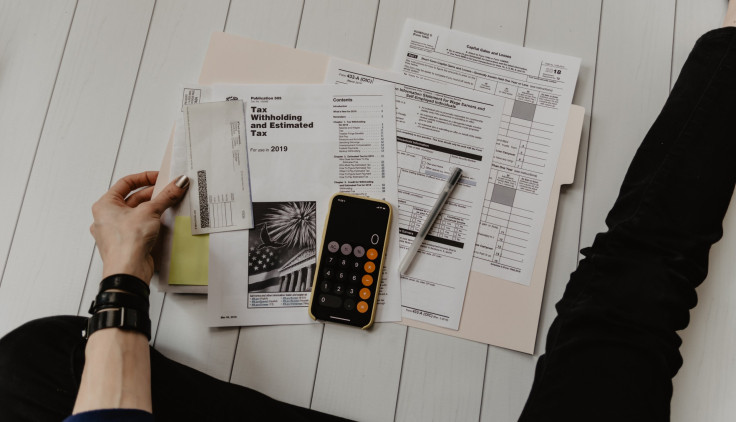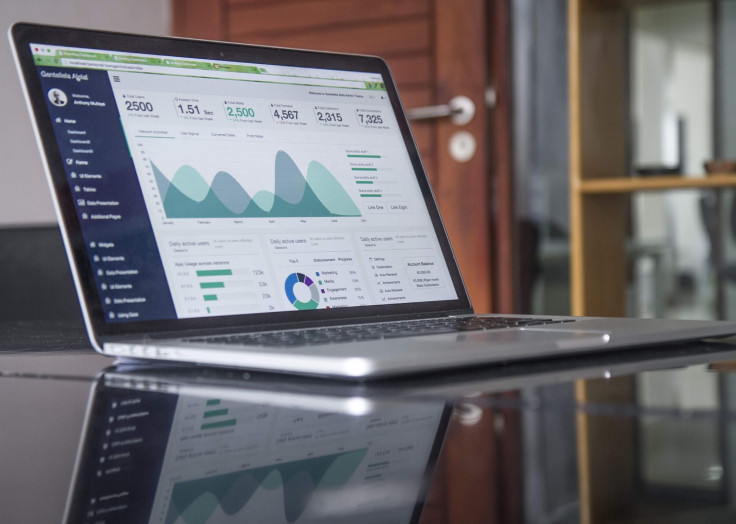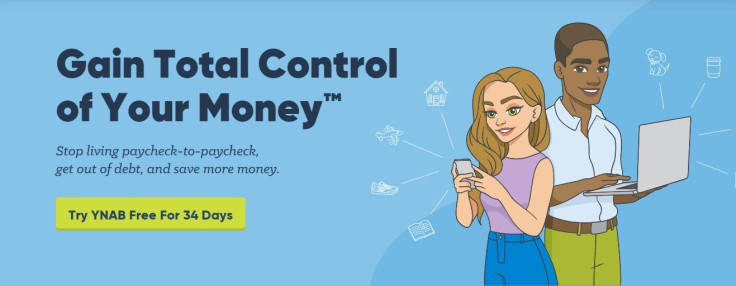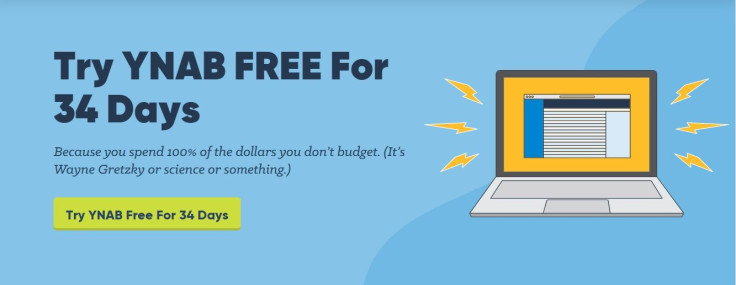How To Budget Money: 9 Effective Ways To Save Money Fast And Get Out Of Debt

It’s so much easier to spend money than to save. Even if you’ve already planned a budget, there's always the temptation to make unbudgeted purchases. New clothes, something on sale or something that's super trending at the moment -- seemingly "inexpensive" things here and there can actually cause you to go broke even before month's end.
So how to save money fast so you don’t have to resort to loans to pay off bills and deal with emergency situations? Learn how to budget money effectively with these practical tips.

1. Record your spending habits
Note down everything you spend in a notebook, a spreadsheet or even a budgeting app. Record everything from rent and monthly bills to lunch outs and takeaway coffees. This way you'll see what you’ve been spending the most money on and start applying smart spending habits.
Now you'll see how often you dine out or how much you spend on coffee. Now you can see how to budget money monthly by choosing the cheaper option when dining out, cooking at home or brewing your own coffee. Small tweaks in your lifestyle can lead to a lot of savings.
2. Organize your expenses
Once you have a list of your expenses, you can organize them under different categories. Try categories such as fixed, variable and discretionary. Fixed expenses such as rent and internet are the most important expenses you should include in your monthly budget. Variable expenses such as your water and electricity bills, are based on your monthly usage so it’s easy to adjust by becoming more mindful of how you use these. Simple habits like turning off the lights and unplugging appliances when not in use, shorter showers over full baths can also save you money for the future.
Finally, discretionary expenses are costs from your wants over your needs. Before paying for anything, it’s best to ask yourself, “Do I really need this?” If the answer is no, you’ll be surprised by how much you’ll save on avoiding impulse purchases.

3. Set up your budget
To create your budget, you need to keep track of your monthly income streams and expenditures. Create a budget worksheet in a notebook or on your computer and list down all your income minus taxes. This includes your monthly salary and side hustles. On another column, list down all your expenses which should include everything from rent and utilities to your non-essential purchases. Subtract your total expenses from your total income to see how you’re doing financially and discern how to better budget your finances.
4. Try alternative budget approaches
If the classic budget money planner is too complicated for you or just not really your thing, try other budgeting alternatives. One tried and tested budgeting approach is the 50-20-30 rule. You keep 50% of your income (after tax deductions) on necessities like rent, food and utilities. Then 20% goes into your savings or paying off debts slowly but surely. While 30% goes to discretionary expenses, spend it on what you want and need.
5. Manage your debt
Common types of debt you accumulate as you get older include credit card debt, student debt, car and housing loans. It’s important that you know the difference between good debt and bad debt so you know how to pay off debt fast.
Good debt is the debt you take on to purchase something that will increase in value and can contribute to your overall financial health. Examples of good debt include mortgages which help build the equity of your home and student debts which increase your income potential. Bad debt is the debt you take on to pay for products and services and can place you in an unsettling financial situation. These could include high-interest loans and credit card debt if you use your credit card to pay for everyday expenses like groceries.
6. Consider automated saving
You’d be surprised by how much you’ll be able to save once you automate your savings. If you’re wondering how to budget your paycheck, sign up for an automated savings account! It’s simple. First, you need to open a savings account then link your checking account and schedule a recurring deposit from your checking account to your linked savings account.
Automating your savings keeps you from spending your whole pay check. As your money is deposited instantly based on your preferred schedule, you won't even have time to spend it. This way, you’ll be less tempted to spend your money on non-essential goods and purchases. This teaches you to build the habit of saving so you'll have healthy savings to fund your furture needs and emergencies.

7. Live smart with minimal needs
To live smart means maximizing your budget so you can grow your savings. Spend only on things that are truly necessary. Even when shopping for necessities, do it wisely. A little planning may be involved and you need to be resourceful with your budget. When it’s time to head to the grocery store or market, stick to your shopping list to avoid non-essential goods and having to do multiple trips because you’ve forgotten one or two items.
Even when it comes to clothing and furniture, thrift shops are a wonderful and cheaper alternative to brand new purchases. By using such things, you also help in lessening waste.
8. Get an effective budget app
Numerous budget apps will promise to help you manage your spending in a few months but all they really do is show you the final record of your spending. What’s done is done and you’re left ridden with guilt. We suggest getting a proactive budget app like YNAB or You Need A Budget that helps you become aware of where your money is and what it should be doing. YNAB forces you to get up close and personal with your finances so you can take a hold of it, make better decisions and regain control.

YNAB provides up-to-date and accessible budget information for you and your partner’s finances so you can cross-check and ensure that no detail was left out. Goal trackers and attractive progress reports make it easy and fun to reach your set financial goals. Finally, a slew of educational workshops and efficient customer support will help you on how to budget money for beginners.
Subscribe to YNAB or You Need A Budget here.
9. Invest in long-term purchases
As weird as it sounds, spending money to save money is possible. This means looking at situations for the long-term and spending when it’s right to spend. For example, going to the dentist regularly for cleaning and check-ups helps avoid costly procedures, same goes with your car's maintenance.
When it comes to money saving tips and tricks, it’s important to invest in efficient budgeting. YNAB or You Need A Budget is a forward-looking app that will seriously help you save money by getting your priorities straight.

At just $11.99/month or $84/year, it’s a great investment so you can finally gain control of your finances. Subscribe to YNAB or get their 34-day free trial here.











